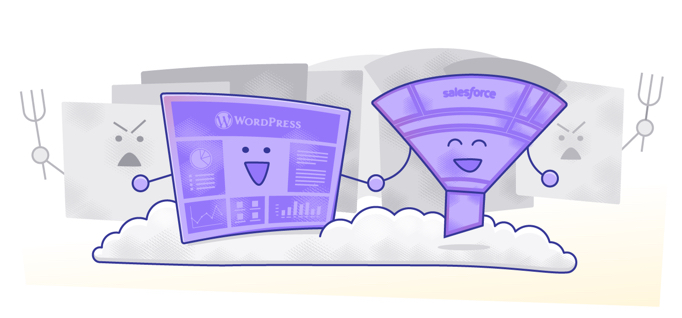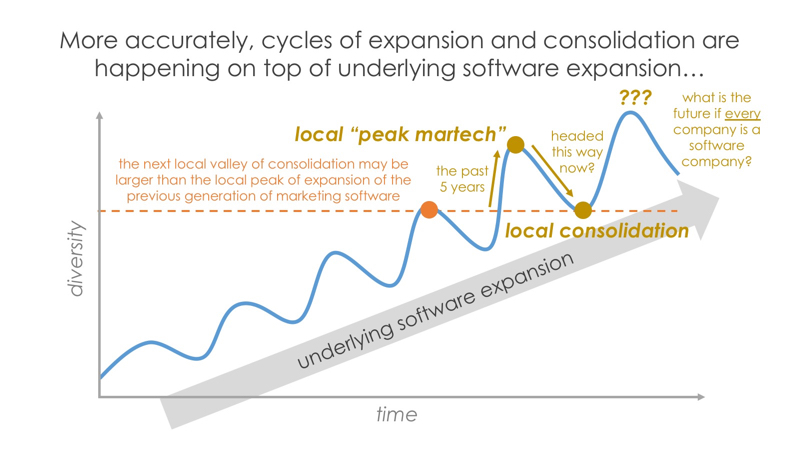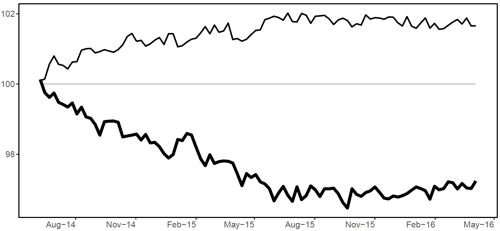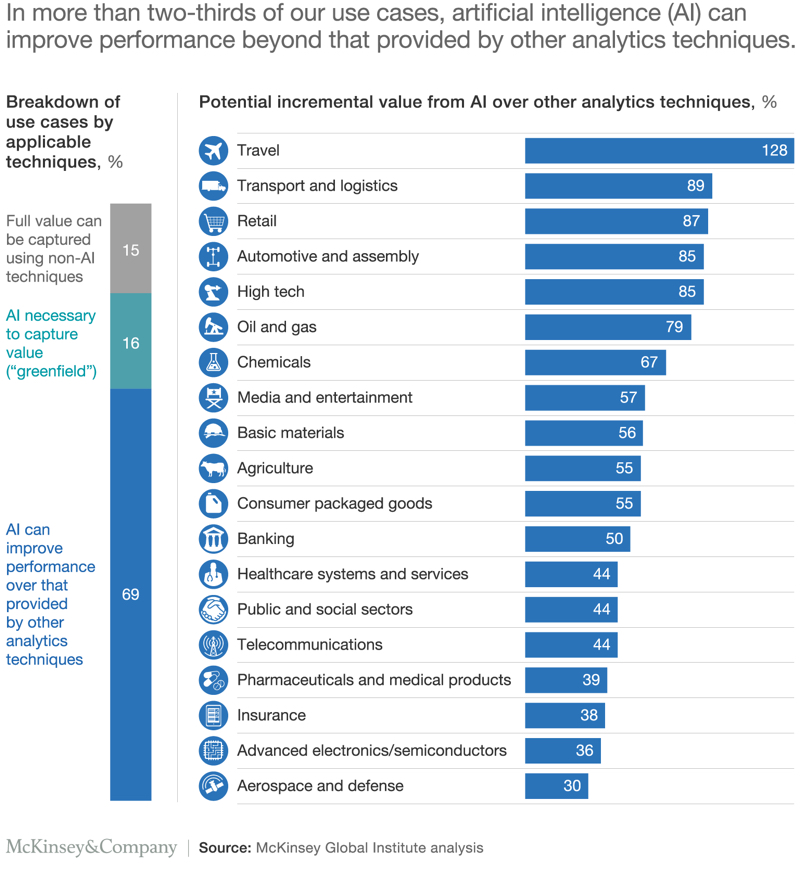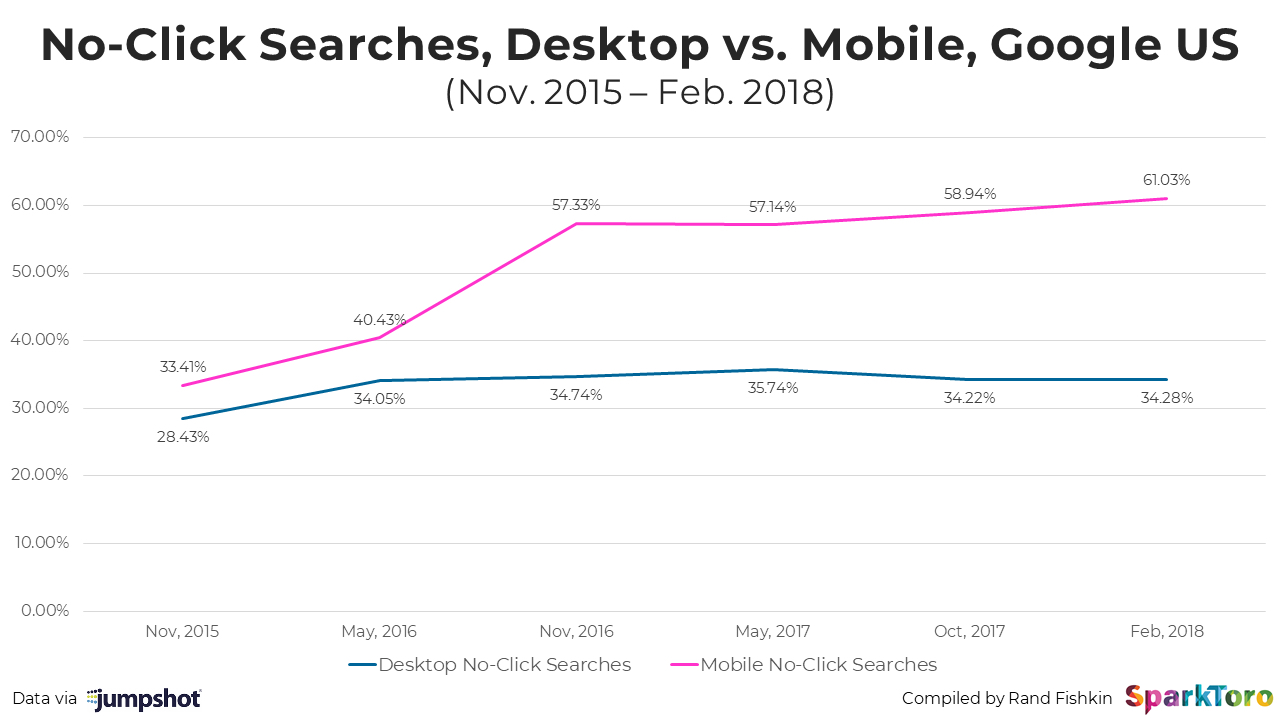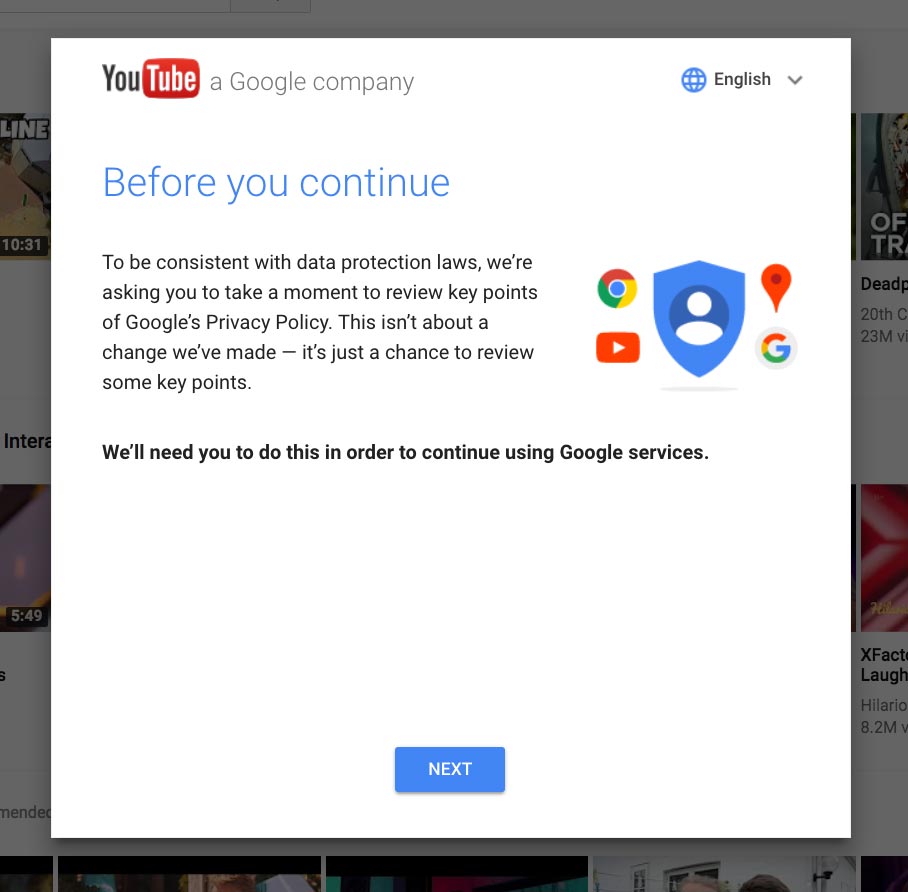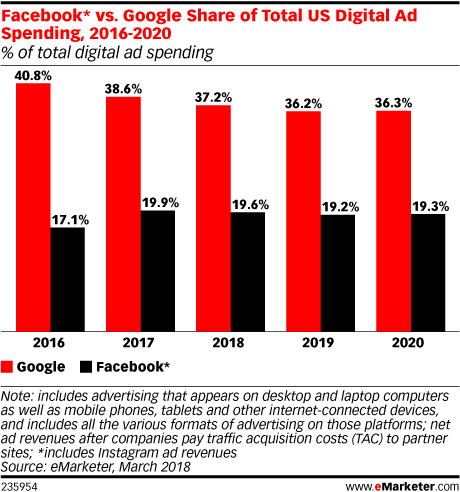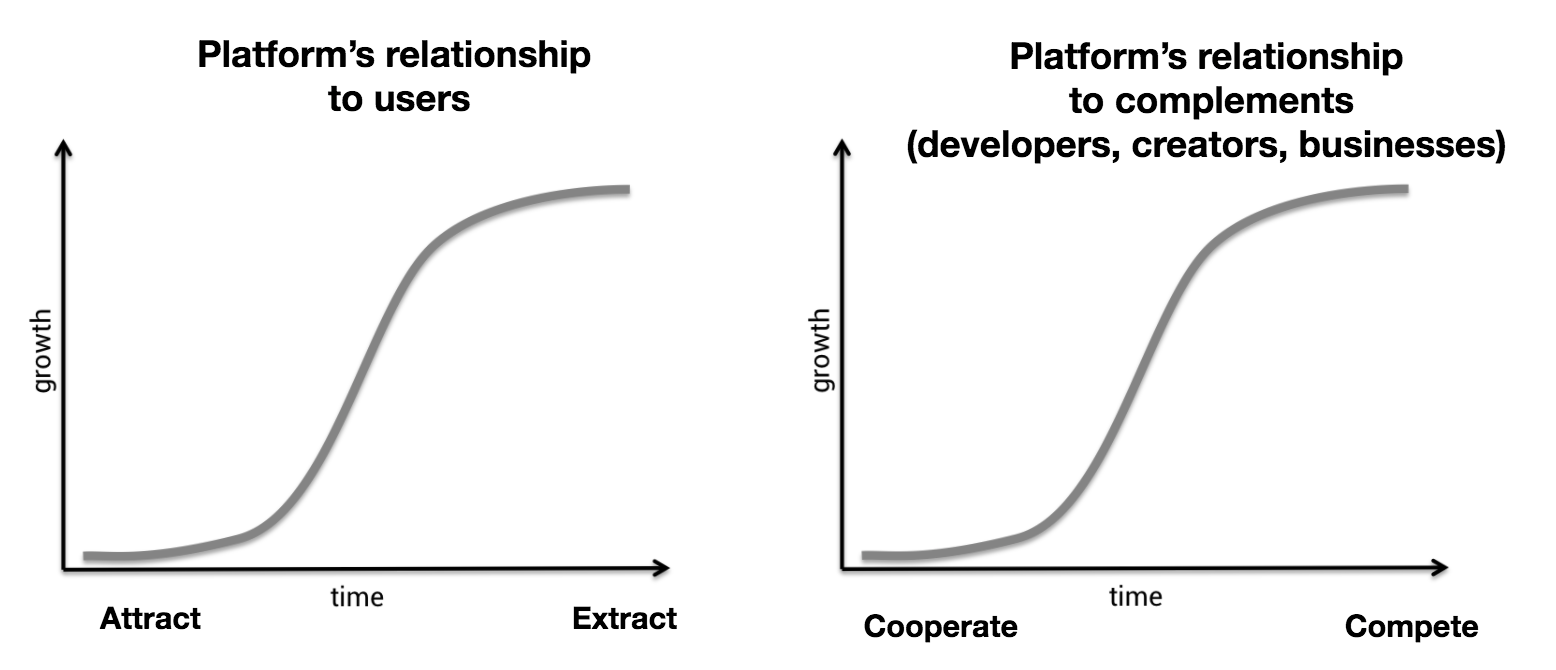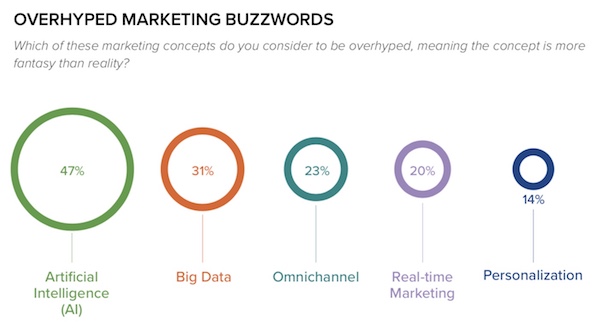CMS ❤ CRM – it’s nice to see two acronyms make friends
As we know, there are thousands of martech products in dozens of categories. Some categories are candidates for a being a center of gravity around which you can focus to build a stack or architecture.
Sometimes there are competing centers of gravity. Paul Ford takes happy look at how two of these, CMS and CRM, can now more easily work together. Read More
Laying the pipes of a post-advertising world
In this excellent post Andre Redelinghuys makes a compelling case that “The shift from brands and advertising to pipes and subscriptions is inevitable — and well underway.” Read More
GDPR helping a contextual targeting comeback
Jessica Davies reports some advertisers and agencies are shifting budgets away from personalization to contextual targeting. Not just because of GDPR, but because it’s value was underestimated. From Carat:
Sophisticated semantic analysis tools, exclusive access to premium environments and high quality content creation and distribution opportunities with publishers and influencers arm us with the toolkit to serve digital advertising that doesn’t require personal data yet is relevant and will resonate with its audience… Read More
AI, radiology and the future of work
Image analysis is perhaps the most obvious example of the power of deep learning, and even Geoffrey Hinton and Andrew Ng have commented on its potential to effect the future careers of radiologists. Using radiology as an example, this short piece by the Economist offers three reasons to temper worries of AI taking over the workplace. Read More
Also…
- Lots of detail yet accessible description of today’s tracking… Field guide to tag hunting: The hidden world of Internet data collection via Data-driven SaaS
- Dear Publishers, if you want my subscription dollars (or euros), here is what I expect… Me too! via Monday Note
- For those of you already working with deep learning… Why you need to improve your training data, and how to do it via Pete Warden’s blog
- For the few of you who missed this… Mary Meeker’s annual Internet Trends Report. via KPCB
The Gilbane Advisor curates content for content, computing, and digital experience professionals. We focus on strategic technologies. We publish more or less twice a month except for August and December. See all issues
